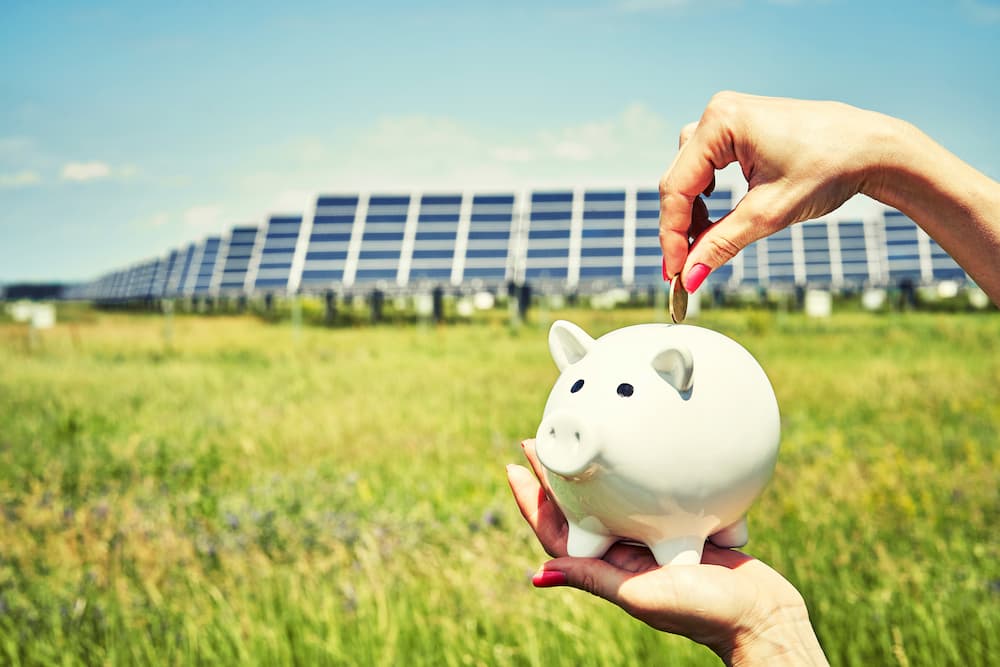Solar panels are becoming more and more popular for homeowners who want reliable, sustainable power. But many homeowners who want solar panels get slowed down by weighing the pros and cons of solar panels or worrying that they are the right solution for their region. At Blueline Energy, our team works hard to ensure homeowners like you have the information they need to make the right decision for your home. Keep reading to learn more about the advantages of solar panels and to understand some potential cons.

Savings on Monthly Electric Bills
Of all the pros and cons of solar panels that people consider, one point is at the top of the list: the savings potential versus the initial investment. Solar panels generate electricity when exposed to solar energy, and that electricity can be converted to the right amps and volts for virtually anything—and everything—in your home. This will significantly reduce or even eliminate your monthly usage charges.
However, there are some hesitations people consider when weighing the pros and cons of solar panels:
- Initial investment: There are many contributing factors to consider to the upfront cost, such as the number of panels, panel efficiency, and labor, that can make people pause before switching to solar power. So it’s important to find a service provider that offers affordable pricing while still allowing you to own your panels outright.
- Winter electricity generation: It’s a common myth that solar panels only generate enough electricity during the summer. Solar panels work whenever there’s sunlight, and they work best when the angles between the sunlight and panels align, and the temperatures are cooler. That means you can get plenty of energy all spring, summer, and fall—and even during the sunny portions of winter days!
Selling Excess Energy Back to the Grid
Another benefit of solar panels, which draws customers, is the potential for net metering. If your region has a net metering program, you can sell excess energy to the grid. In order to move consumers away from fossil fuels, many states have started incentivizing solar customers as a way to lower emissions. During the peak sunny hours, your panels may generate far more electricity than you need. Rather than letting it go to waste, you can give it to your public grid in exchange for credit that reduces your electricity bill when your consumption outpaces production.
One potential con of this advantage is that only some areas offer net metering. Work with your solar panel provider to learn more about the specific programs around you.
Potential Increase in Your Home’s Equity
Because solar panels are becoming more popular, more and more house buyers are looking for properties that already have solar panels installed. This can increase the sellability and potential selling price of your home. Having high-quality solar panels with professionally installed control panels, monitoring tools, and a net metering program can draw in more buyers who are willing to pay more.
However, to access this benefit, it’s important to choose solar panels that you can own outright and finance strategically without any risk of putting a lien against your home.
Make the Switch to Solar With Blueline Energy
Installing solar panels on your roof or in your backyard is an exciting journey. You can generate green, sustainable energy, stay powered even during a brownout or blackout, and save money on your monthly electricity bills. At Blueline Energy, we work with homeowners to install residential solar panel packages that cover your home’s energy needs and give you more control over your electricity. Reach out today to learn more about programs in your area, how many solar panels you need for your home, and the next steps to having your own solar panels.
Image Credit: Sergei Domashenko / Shutterstock

